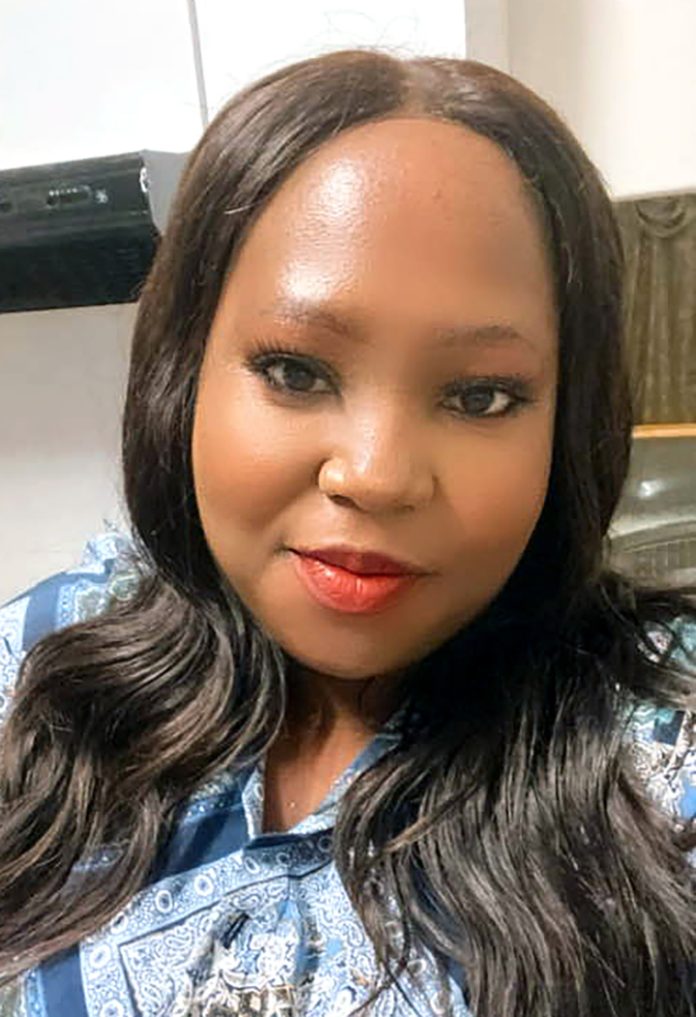In South Africa “umlungu” is a word commonly used to refer to white people. It comes from isiXhosa. It’s always been a mystery how the word originated or what it means because no people were referred to as umlungu before the arrival of white people by ship. There was, however, a word “ubulungu” which meant “that deposited out by the sea” or sea scum.
While it may have been considered impolite in the past, today umlungu is a polite word. Many white South Africans don’t mind calling themselves umlungu – there are even T-shirt ranges bearing the word.
It’s now also commonly used to refer to black people – meaning “my employer” or “a wealthy person”. So how did umlungu come to change its meaning?
As a linguist who teaches and studies isiXhosa, I recently published a study that considers the word from a sociolinguistic perspective. Sociolinguistics can be defined as the link between language and society. I chose to frame my study through this theory because a language is not independent of the people who speak it.
The word umlungu has taken on multiple meanings because of historical events, showing how language evolves through social interactions. According to one study, the term umlungu arose from an incident in which shipwrecked white people were deposited from the sea. The sea’s tendency is to toss anything out that is dirty to clean itself.
The shipwrecked white people were given the name “abelungu/umlungu”, which means “filth that is rejected by the ocean and deposited on the shore”. Some remained and the clan name Abelungu was used to record their children.
The words umlungu and abelungu (plural) are used by Nguni people across South Africa. The Nguni ethnic groupings include the Zulu, Xhosa, Swazi and Ndebele. These subgroups share linguistic and cultural similarities, while adhering to their own traditions and practices.
According to Zulu historians, white people arriving in South Africa were called “abelumbi” (magicians). This is because Shaka Zulu witnessed a white person killing a man without touching him (with a gun). As a result, he called them abelumbi, which was later altered to abelungu (philanthropists).
Nongqawuse was a Xhosa prophetess who, in 1856, had a vision that if the Xhosa people killed all their cattle and destroyed their crops, the spirits would drive the British colonisers out of South Africa and bring about a new era of prosperity. Many Xhosa people did so and some died because of hunger.
This poverty was exacerbated under apartheid – an organised system of white minority rule that imposed racial segregation and discrimination from 1948 until the early 1990s.
An umlungu was an esteemed member of society during the apartheid era because of the power and authority they possessed. It’s my view that because of the apartheid system, black people were psychologically influenced to perceive everything linked with a white person as of a higher standard.
Black South Africans worked for white people and so an umlungu came to be defined as a white boss or employer. This came to include all bosses or employers – even black bosses.
I argue that the views of black people towards white people had a significant impact on the word gaining positive meanings. The concept that anything finer, richer, and whiter in colour is umlungu has given rise to new positive connotations. The word umlungu today refers to an employer, a black person with a lighter skin colour, someone of higher standing, a wealthy person – or simply a white person.
A black person who runs a farm like a white person using a labour tenancy arrangement, is referred to as an umlungu. University students may be referred to as abelungu since they represent class mobility and luxury.
Xhosa people have adapted the term, with some naming their children Nobelungu (the one who is of white people), Umlungwana (young white person) or Mlungukazi (white woman).
Those identified as abelungu are seen as having ascended the social ladder. “Umlungu” demonstrates how the meaning of a word can change to reflect a changing society. Language is not static; it is a growing way of reflecting the world.
By Andiswa Mvanyashe
• Andiswa Mvanyashe is the senior lecturer in languages and literature, Nelson Mandela University
Follow @SundayWorldZA on Twitter and @sundayworldza on Instagram, or like our Facebook Page, Sunday World, by clicking here for the latest breaking news in South Africa



